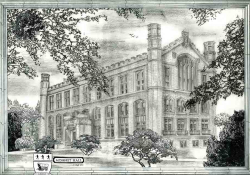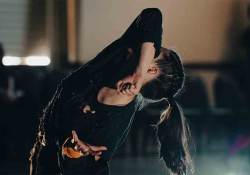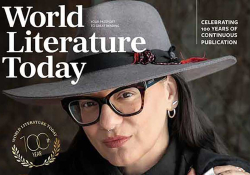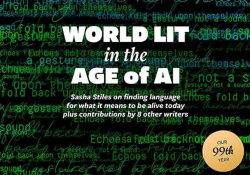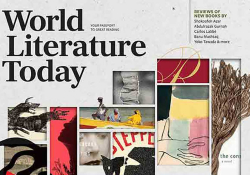Editor’s Note
 Thou shall not be a perpetrator; thou shall not be a victim; and thou shall never, but never, be a bystander.
Thou shall not be a perpetrator; thou shall not be a victim; and thou shall never, but never, be a bystander.
– Yehuda Bauer
Just this morning, as I began drafting my note for the current issue, Dictionary.com named complicit as its word of the year for 2017. “Complicit,” write the editors, “has sprung up in conversations about those who speak out against powerful figures in institutions, and those who stay silent.” Among the many who spoke out against complicity this past year, the President’s Committee on the Arts & Humanities made headlines in August when its remaining commissioners resigned en masse to protest President Trump’s “refusal to quickly and unequivocally condemn” the violent “Unite the Right” rally, which had erupted in Charlottesville the week before. In their letter of resignation, the sixteen commissioners wrote: “Ignoring your hateful rhetoric would have made us complicit in your words and actions.” That the first letter of each paragraph spelled out the word resist was not lost on many observers.
The current issue of WLT gathers the voices of four writers into a cover feature devoted to “writing as inspired resistance.” As we assembled the issue, my editorial colleagues and I discussed what forms such resistance might take—our initial inclination was to focus on political acts of resistance, like the worldwide Women’s March of January 21, 2017. In the end, the section coalesced around cultural forms of resistance, especially at the level of language, hence the “Words Matter” tag line. Maureen Freely, current president of English PEN—in a lively exchange with Michelle Johnson, WLT’s managing editor—points out the limits of what she calls “the theater of resistance, with the world’s media systems whirling madly around it”; rather than getting sucked into such political theater, Freely focuses instead on “the traditions of inspired resistance observed by beleaguered writers—and readers, publishers—in countries like Turkey.”Daniel Simon
